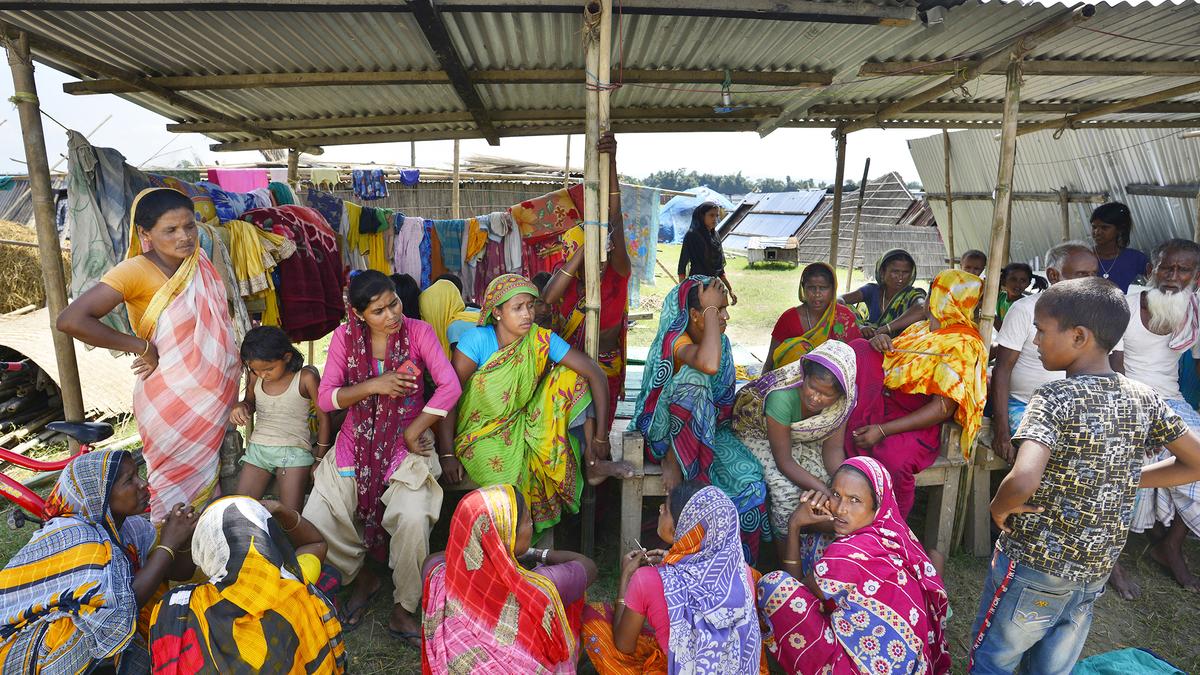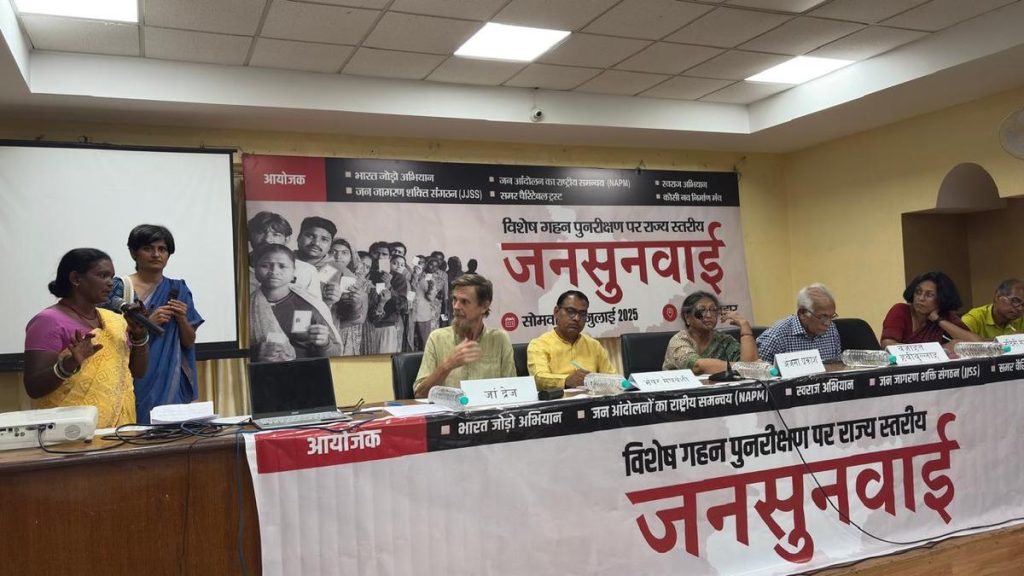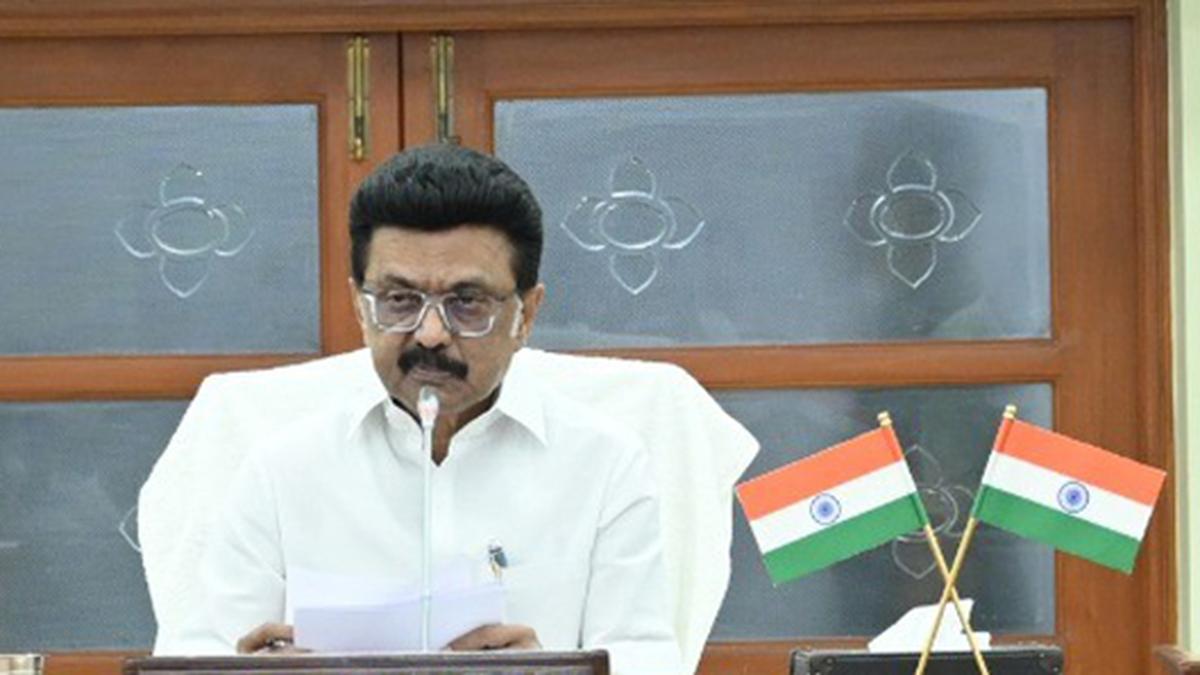Now Reading: Assam Evictions Spark Concerns of Migration to Nagaland, Warns Students’ Body
-
01
Assam Evictions Spark Concerns of Migration to Nagaland, Warns Students’ Body
Assam Evictions Spark Concerns of Migration to Nagaland, Warns Students’ Body

Quick Summary
- More than 50,000 people, primarily Bengali-speaking Muslims, have been evicted from government land in Assam since June 2025. This includes reserve forests, wetlands, grazing lands, and wastelands.
- Resistance to the eviction drives led to one fatality in Goalpara district recently.
- The Western Sümi Students’ Union (WSSU) of Nagaland expressed concern over the displacement possibly leading to inward migration of “alleged illegal immigrants” into Naga-inhabited border areas. It urged immediate action by the Nagaland government for security measures and prevention efforts.
- WSSU stated that such evictions threaten land ownership and safety in vulnerable communities along the Nagaland-Assam border.
- In Manipur, a Naga organization called for dismantling camps linked to Kuki extremist outfits under the Suspension of Operations (SoO) agreement with the Center. Allegations include repeated violations of peace terms such as extortion and violence against locals between 2023-2025.
Indian Opinion Analysis
eviction drives underway in assam highlight broader concerns about migration pressures on northeastern states like Nagaland and potential demographic shifts along sensitive borders. While governments face challenges balancing environmental conservation with population crises on disputed lands, regional groups are voicing concerns about infringements on territorial integrity.
Nagaland’s apprehension underscores tension between neighboring states already grappling with past claims over boundary disputes. Similarly, calls for action regarding SoO-related camps reflect underlying communal mistrust that risks destabilizing peace frameworks if not adequately addressed by stakeholders at both state and central levels.
the unfolding situation illustrates a need for consistent policy responses addressing human displacement while safeguarding local autonomy-a delicate matter requiring coordination between affected states without further alienation among ethnic communities.
Read more: The Hindu

























